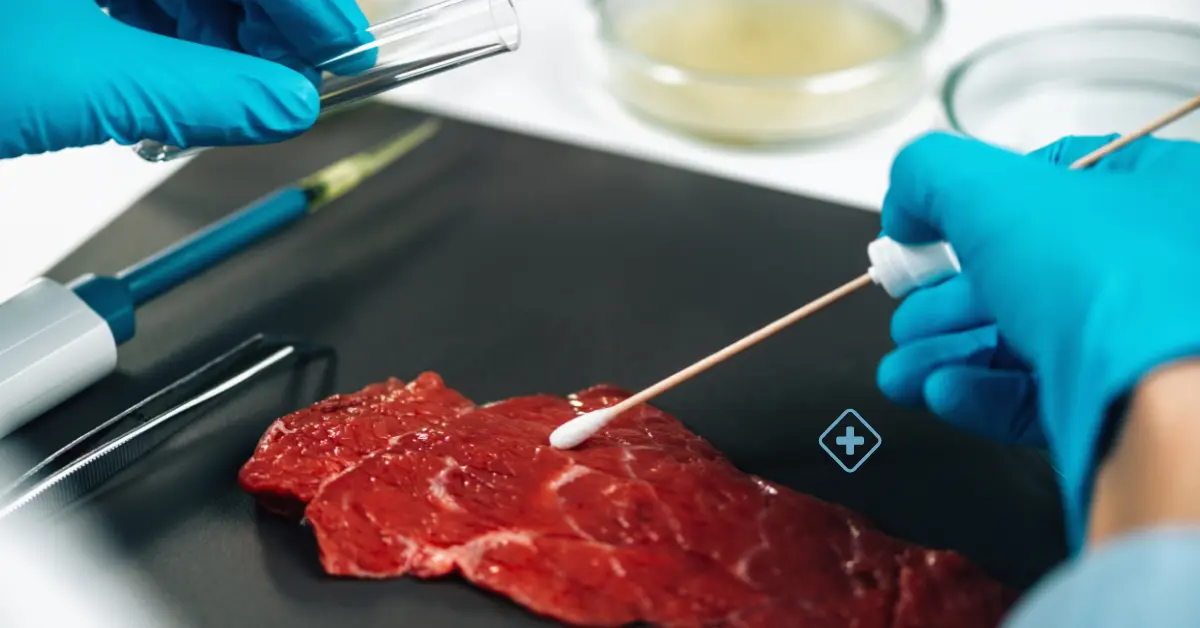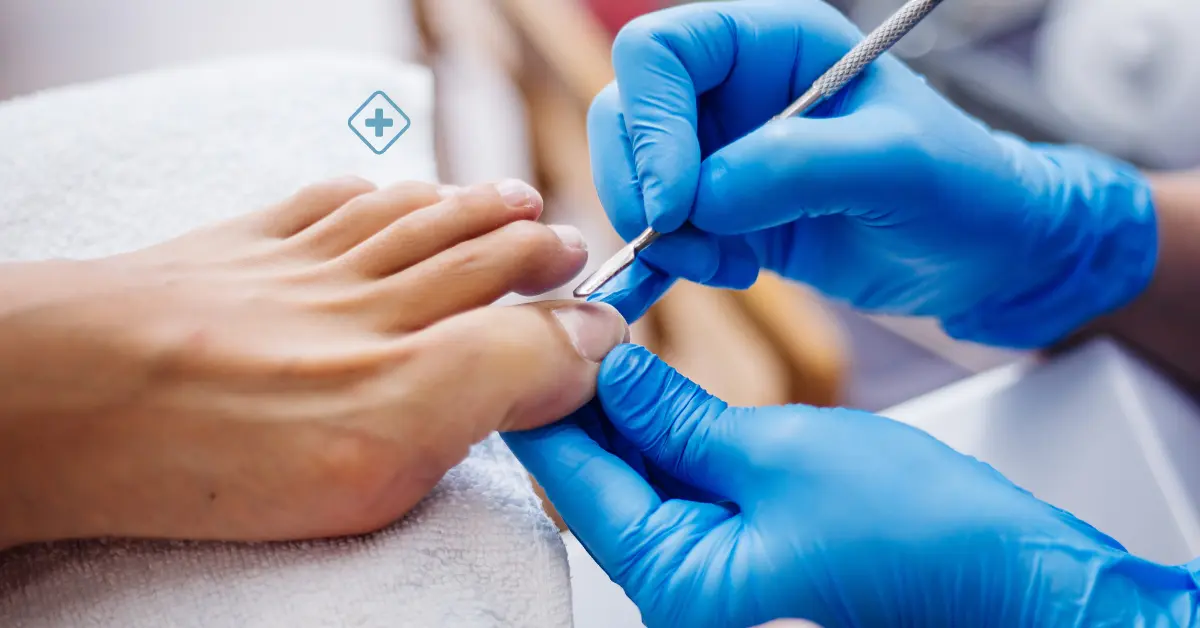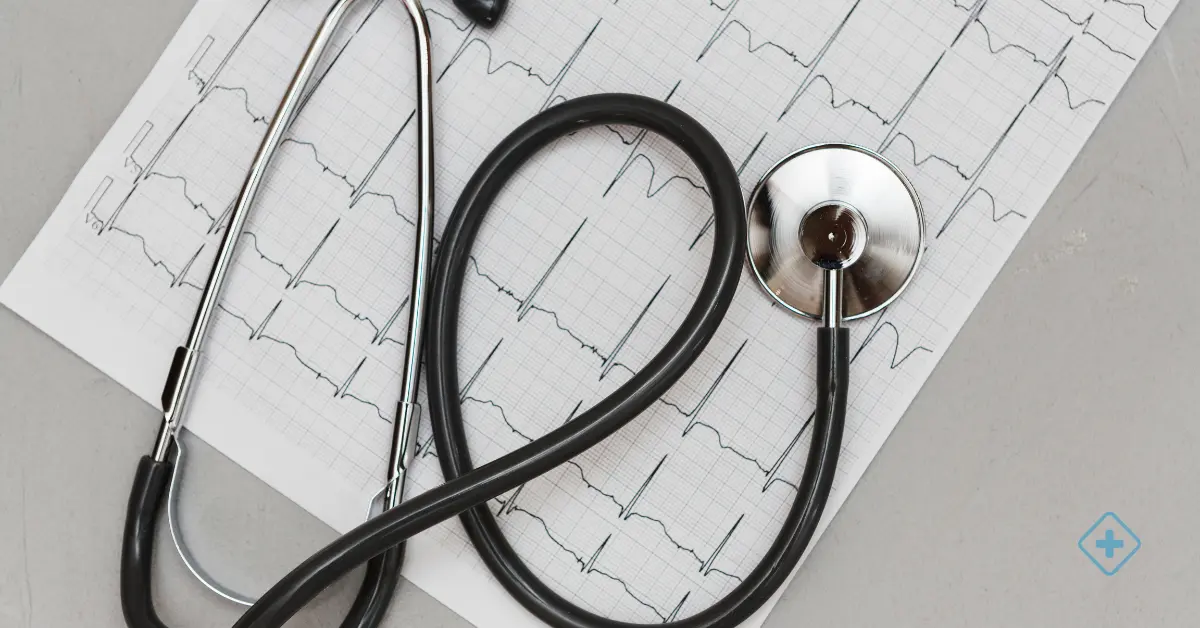
How to prevent cancer?
Cancer is usually a big problem for both the affected person and the people around him; but with good care can be fully lived and even avoid such a serious illness.

Cancer is related to diseases characterized by the development of abnormal cells that divide uncontrollably, infiltrating and destroying normal body tissue. Cancer can usually spread throughout the body.
Cancer is currently the second leading cause of death in the world. However, survival rates have been improving for many types of cancer; there has been a significant evolution regarding the detection and treatment of cancer.
Cancer is a severe disease both for the affected person and for the people around him; however, having a healthy lifestyle can lower your risk of getting it.
The signs and symptoms caused by cancer vary depending on the part of the body affected.
Following are the symptoms:
-
Fatigue
-
A lump that can be felt under the skin
-
Unintentional weight change, weight gain, or loss
-
Changes in the skin, yellowing of pigmentation, sores that do not heal, darkening or redness of the skin, changes in places, or sores that do not heal
-
Change in bladder or bowel habits
-
Chronic cough
-
Trouble breathing
-
Difficulty to swallow
-
Hoarseness
-
Indigestion or discomfort after eating
-
Persistent muscle or joint pain, with no apparent cause
-
Persistent fever or night sweats, with no apparent cause
-
Bleeding or bruising with no apparent cause
Causes
Cancer occurs by changes in the DNA within cells. The DNA within a cell comes in many individual genes, each with instructions that tell the cell what functions to perform and how to grow and divide. Errors in the instructions can cause the cell to stop its normal function and become a cancer cell.
Risk factor's
The majority of cancer cases occur in people with no known risk factors. Following are the risk factors that increase the probability of suffering from cancer:
-
Age cancer can take several years to manifest; most people suffer from it at age 65 or older; however, although it is more common in older people, this disease can be diagnosed at any age
-
Habits, having certain lifestyles such as smoking, drinking excessively, exposing yourself to the sun, suffering from obesity, and having unprotected sex can contribute to cancer
-
Family history, a small part of cancer cases is due to a hereditary disorder; however, this does not ensure that you will have cancer
-
Health disorders, some chronic diseases such as ulcerative colitis, can increase the risk of some types of cancer
-
Environment, it is possible that your environment has harmful chemicals; this can increase cancer risk. If you are in a place where there are people who smoke or live with a smoker, you can inhale second-hand smoke, which damages your health
Prevention
Following are some tips, which can help you have a better quality of life; we can avoid the generation of cancer cells:
-
Do physical exercise: Being fit is beneficial for the immune system, allow controlling the growth of cancer cells
-
Do not smoke: Tobacco is one of the causes of cancer
-
Eat a healthy diet
-
Limit alcohol consumption
-
Protect yourself from the sun: Ultraviolet radiation is the main cause of skin cancer, one of the most common. Use protective creams, sunglasses, a hat, suitable clothing in case you do outdoor activities
-
Get screened for cancer. Ask your doctor about the types of cancer screening tests and which one is best for you
-
Ask your doctor about vaccinations. Vaccines can help prevent these viruses, including hepatitis B, which increases the risk of liver cancer, and human papillomavirus (HPV), which increases the risk of uterine cancer and other cancers. Ask your doctor if vaccines against these viruses are right for you
Knowing the main causes of cancer and performing check-ups can help us avoid this situation.
There are other ways to prevent or detect cancer like physical self-examinations to notice any strange balls in our body, be attentive to symptoms or changes that may arise in some part of our body, perform check-ups every year to see more precisely and medically our state of health, in this way to be able to attack as soon as possible if any anomaly occurs.
Go to your appointment with a Oncologist, Gynecologist, Urologist, Dermatologist, or any medical specialist as a prevention method if you have any questions.
Our Specialists will support and guide you before, during, and after the development of your studies, tests, or surgery to give you greater peace of mind and confidence.
BlueNetHospitals - Hospital Los Cabos
BlueNet Hospitals
Trending Topics
Gestational Diabetes
The exact cause of gestational diabetes is not yet fully understood.
E. coli
The symptoms of an E. coli infection can appear three to four days after exposure
Diabetic Foot
These are the common symptoms related to diabetic foot
Hip Dysplasia
The symptoms of hip dysplasia vary depending on the individual's age
Health Library
Oncology
- Do You Need an Appointment with a Specialist?
- call us
- write us
- let's talk










